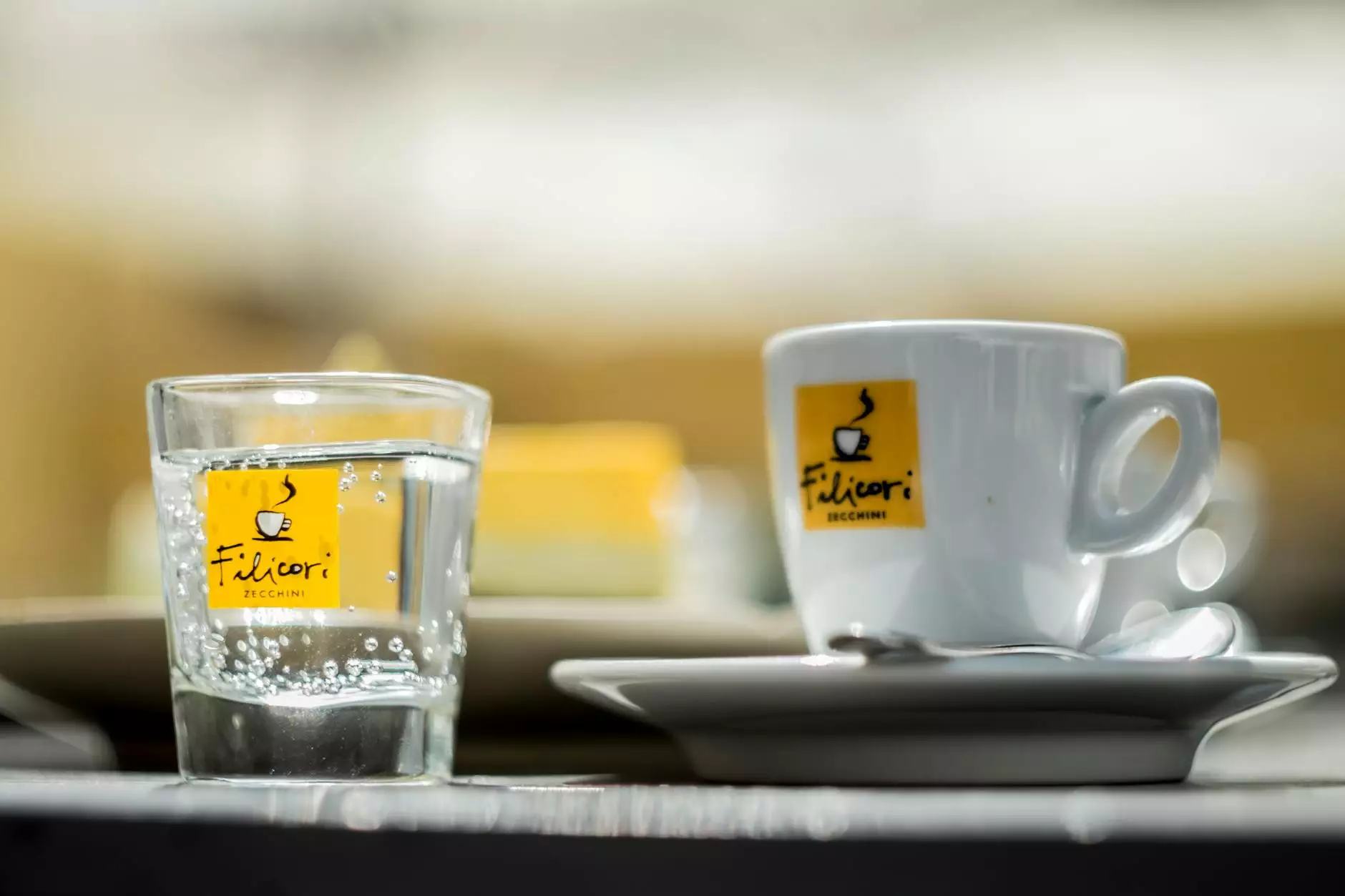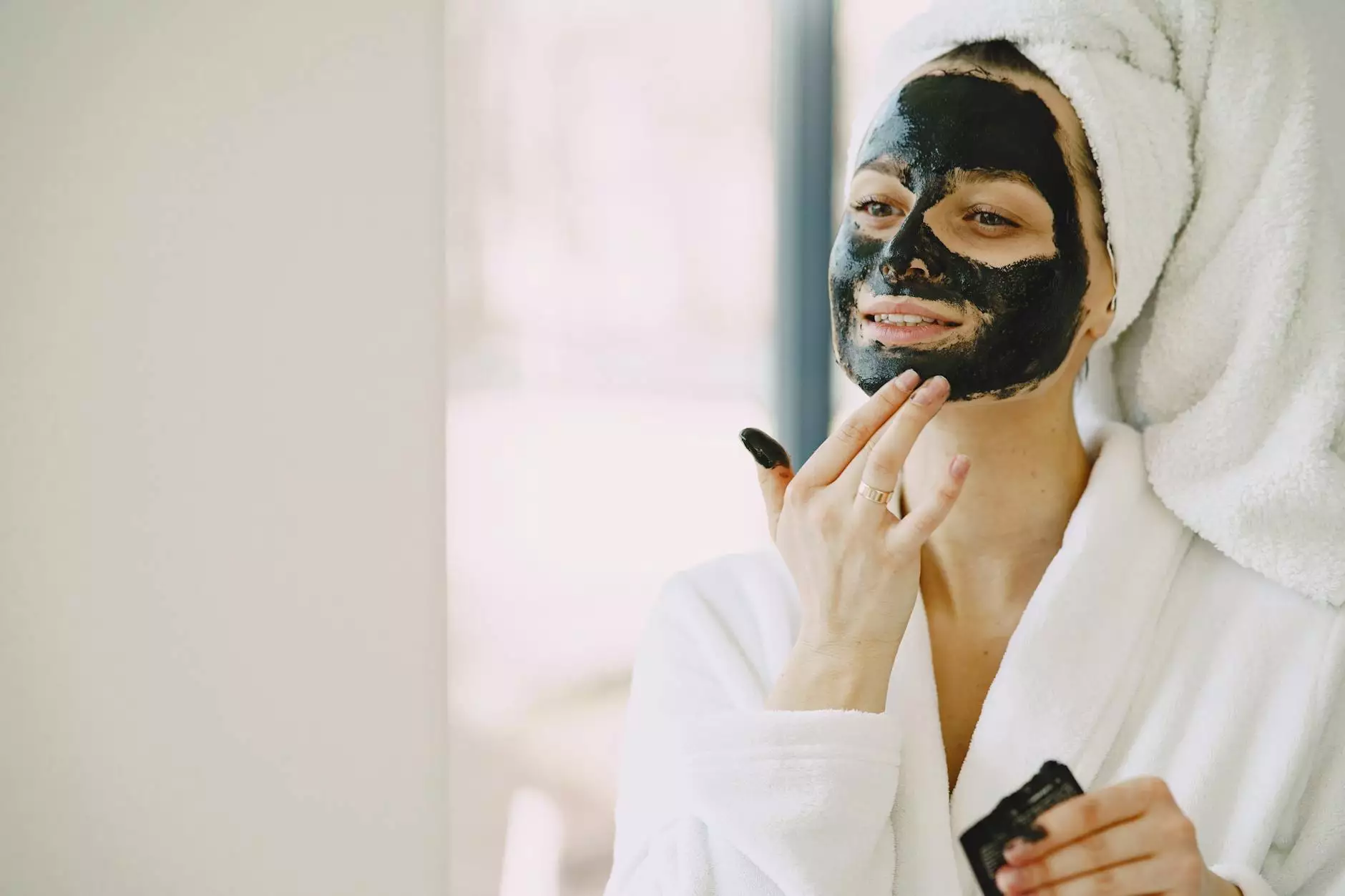Why Are Tattoos So Hard To Remove If Skin Is Supposed ...
Blog
When it comes to tattoo removal, many individuals are curious about why the process can be challenging and time-consuming. At Nasseri Medical Centre & Medspa, we understand the importance of providing comprehensive information to our clients, so they can make informed decisions about their tattoo removal journey.
The Anatomy of a Tattoo
In order to understand why tattoos can be difficult to remove, it's crucial to delve into the anatomy of the tattoo itself. Tattoos are created by injecting ink into the dermis layer of the skin. Unlike the epidermis, which sheds continuously, the dermis is a stable layer that holds the tattoo pigment in place.
Due to the stability of the dermis layer, removing a tattoo requires specific techniques that target the ink particles without causing significant damage to the surrounding skin. This is where laser tattoo removal comes into play, offering a safe and effective solution for unwanted tattoos.
The Laser Tattoo Removal Process
At Nasseri Medical Centre & Medspa, we utilize advanced laser technology to remove tattoos. The process involves directing short bursts of laser energy onto the tattooed area. This laser energy is absorbed by the tattoo pigment, causing it to break up into smaller particles.
Once the ink particles have been fragmented, the body's immune system kicks in to eliminate them gradually. Over a series of treatments, the tattoo fades and becomes less visible. It's important to note that multiple sessions may be necessary, as the number of treatments required depends on factors such as tattoo size, ink color, and individual skin response.
Factors That Influence Tattoo Removal
While laser tattoo removal is a highly effective method, several factors can impact the ease and success of the removal process. These factors include:
- Tattoo Color: Darker ink colors, such as black or blue, typically respond best to laser treatments. Lighter colors, like yellow or green, may require additional sessions to achieve satisfactory results.
- Tattoo Age: Older tattoos often fade more easily, as the ink particles have had time to break down naturally. Fresh and recently done tattoos may be more challenging to remove.
- Tattoo Location: The placement of the tattoo on the body can also impact the removal process. Tattoos located further away from the heart, such as those on the extremities, may require additional treatments due to reduced blood flow in these areas.
- Skin Type: Different skin types can influence the response to laser tattoo removal. Generally, individuals with lighter skin tones tend to experience better results compared to those with darker skin tones.
Post-Treatment Care and Considerations
After each laser tattoo removal session, it's essential to follow the post-treatment instructions provided by your medical professional at Nasseri Medical Centre & Medspa. These instructions may include:
- Avoiding sun exposure: Protect the treated area from direct sunlight or tanning beds, as UV exposure can hinder the healing process and increase the risk of complications.
- Keeping the area clean: Gently cleanse the treated area with a mild soap and water to prevent infections and promote healing.
- Avoiding certain activities: Refrain from activities that cause excessive sweating or friction on the treated area, as this can delay the healing process.
- Using recommended ointments or creams: Apply any prescribed ointments or creams to the treated area as instructed to promote healing and minimize discomfort.
Trust Nasseri Medical Centre & Medspa for Laser Tattoo Removal
When it comes to tattoo removal, trust the experts at Nasseri Medical Centre & Medspa. Our highly trained professionals have the expertise and advanced technology to help you achieve your desired results. We understand the concerns and questions you may have, and we are here to provide the guidance and support you need throughout your tattoo removal journey.
Contact Nasseri Medical Centre & Medspa today to schedule a consultation and take the first step towards saying goodbye to your unwanted tattoos.










